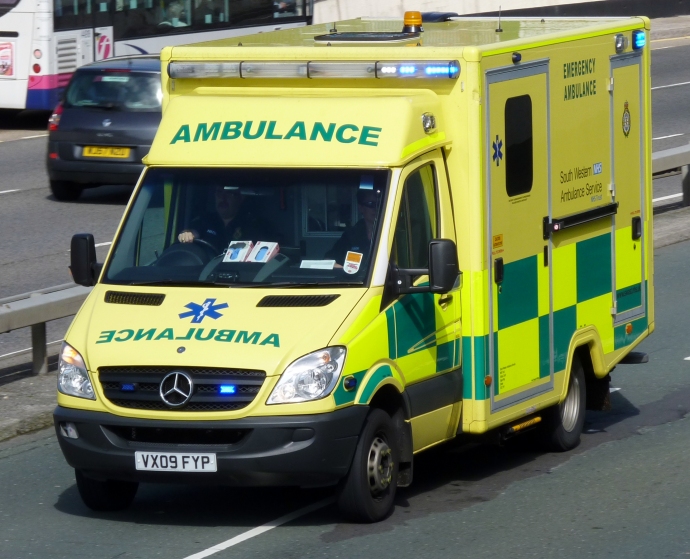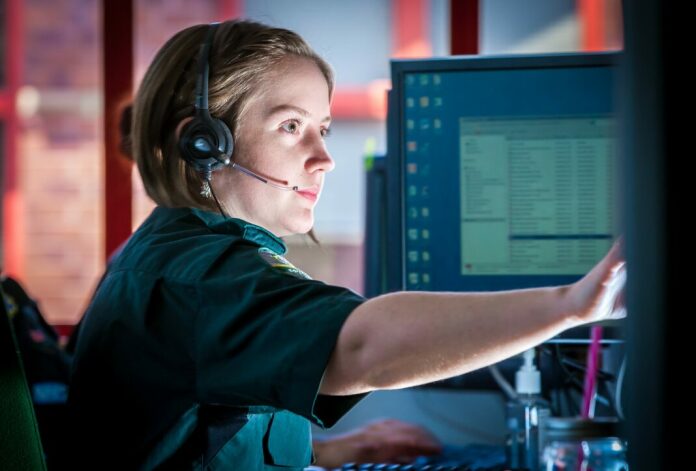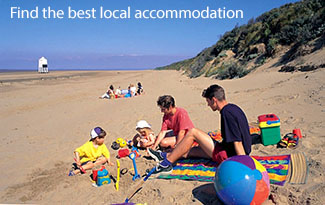South Western Ambulance Service NHS Foundation Trust (SWASFT) is asking people in Somerset to welcome the start of 2023 safely, and use 999 responsibly this New Year’s Eve.
The Trust is entering the New Year period, which is historically the busiest time of the year, under already extreme pressure.
It is advising people to look after themselves and protect the service so that it can prioritise those most in need over the coming days.
The Trust’s Strategic Commander, Ceri Smart, says: “The New Year weekend is a time of celebration for many but it is vital that we do not receive unnecessary calls over the coming days.”
“There are a number of ways that people can protect themselves and the service whilst still having fun with friends and family as they ring in the New Year.”

Safety advice from the ambulance service:
- Consume alcohol in moderation, eating before you drink and alternating alcoholic beverages with soft drinks.
- Avoid high-risk activities like fireworks – as well as the risk of burns, smoke inhalation from bonfires and fireworks can also irritate respiratory conditions, like asthma.
- Pre-arrange your transport home, and never drive under the influence of drink or drugs.
- Stock up on prescription medications before the three-day weekend, when GP surgeries will be closed.
- Ensure you have a fully-stocked first aid kit to care for minor injuries at home, including remedies for common ailments like coughs, sore throats and diarrhoea.
- Take extra care during the cold and wet weather to avoid slips, trips and falls, and accidents on the road.
- Look out for family, friends and neighbours who are especially vulnerable.
- If you’re ill or injured and unsure what to do, visit the NHS 111 online service to check your symptoms to find out what’s wrong and the next steps to take.
She adds: “If you want to call for an ambulance, think – ‘is it a life-threatening emergency?’ Please make the right call.”
“Misuse of the 999 service puts unnecessary additional pressures on limited ambulance resources, and can delay emergency care to those most in need.”
“In more than half of 999 calls made to SWASFT the patient is helped without needing to be taken to hospital in an ambulance.”
“Around a third of patients are treated by ambulance crews at the scene, and others are given clinical advice over the phone.”







